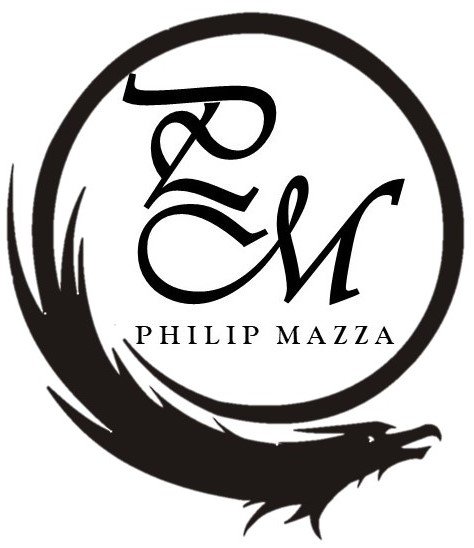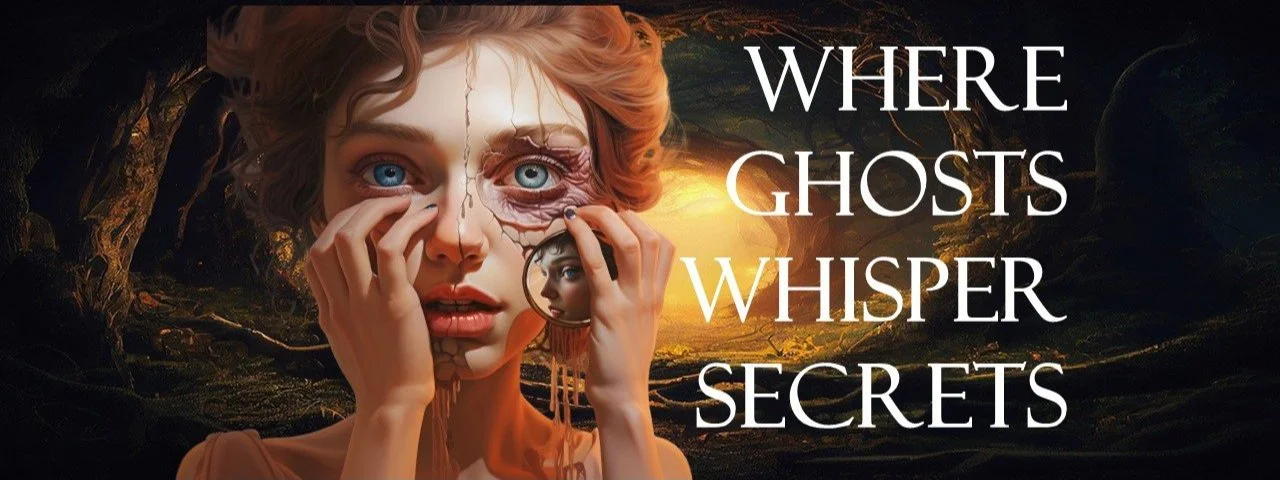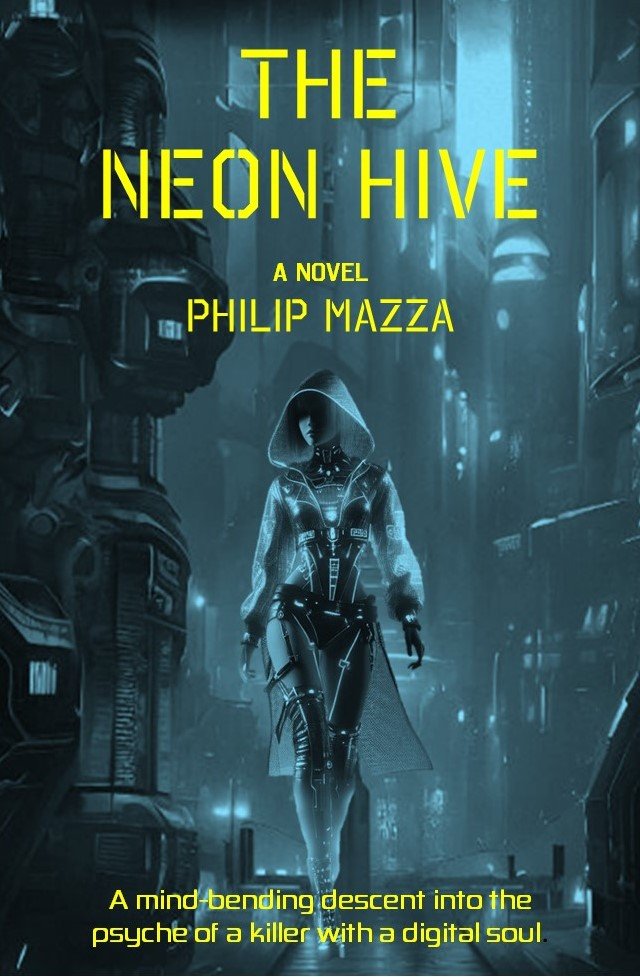Why I Wrote The Neon Hive
/Many of my readers have asked why I wrote The Neon Hive.
Well, the answer is a simple one. The Neon Hive was a departure for me. For years, I'd been immersed in the fantastical – ajatars, magic, mythical creatures – worlds bursting with color and wonder. I reveled in the freedom of imagination, weaving intricate tapestries of myth and legend. But a seed of unease had been growing within me, a nagging sense that the fantastical was becoming too familiar, too comfortable. I craved a new challenge, a chance to explore the anxieties and fears that simmered beneath the surface of our own reality.
And so, I turned my gaze inward, towards the burgeoning world of technology, a realm both exhilarating and terrifying. The allure of artificial intelligence, with its promise of both immense progress and unimaginable peril, captivated me. I began to imagine a future where the lines between human and machine blurred, where consciousness itself became a battleground. The potential for abuse of power, the dehumanizing effects of unchecked technological advancement, and the existential questions that arose – what does it mean to be human in a world increasingly dominated by machines? – began to haunt my thoughts.
The Neon Hive was born from this fascination, a dystopian thriller set in a neon-soaked future where technology has both liberated and enslaved humanity. I wanted to create a world that felt both familiar and alien, a reflection of our own anxieties about the accelerating pace of technological change. I envisioned a society where the gap between the haves and have-nots had widened exponentially, where access to technology had become a matter of life and death. I wanted to explore the social and political implications of this disparity, the ways in which technology could be used to control and manipulate, to amplify existing inequalities.
Writing The Neon Hive was a thrilling and challenging experience. I had to grapple with new concepts, delve into the intricacies of AI, and confront the ethical dilemmas that arise when technology begins to transcend human limitations. I spent countless hours researching the latest advancements in AI, reading about the philosophical debates surrounding consciousness, and exploring the potential social and ethical implications of these technologies.
This novel allowed me to explore the human condition through a new lens. The characters, Crow and Rana, are grappling with existential questions – what does it mean to be human in a world increasingly dominated by machines? What are the limits of consciousness? Can we truly understand the nature of sentience, both artificial and organic? Crow, a jaded detective haunted by her past, embodies the cynicism and disillusionment that often accompanies rapid technological change. Rana, the AI expert, represents the hope and wonder that can still be found in the face of uncertainty.
Writing The Neon Hive was a challenging yet deeply rewarding experience. It pushed me creatively, forcing me to confront new ideas and explore uncharted territory. I hope this novel resonates with readers, sparking conversations about the profound and often unsettling impact of technology on our lives, and prompting us to consider the future we are collectively creating.
I hope you enjoy it . . .




